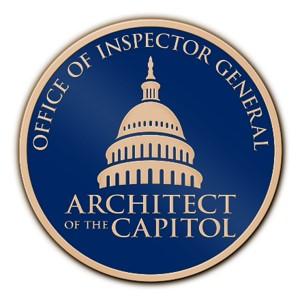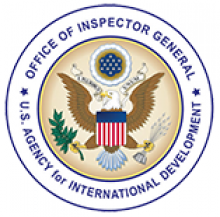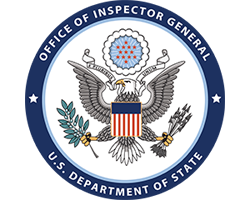The Office of the Inspector General conducted a review of the Magnolia Combined Cycle Plant (MCC) to identify factors that could impact MCC’s organizational effectiveness. During interviews, MCC personnel revealed positive interactions with team members and most management. However, we identified issues that could negatively impact MCC’s effectiveness, if not addressed. These issues include (1) improvements needed with work packages and (2) staffing concerns.
| Report Date | Agency Reviewed / Investigated | Report Title | Type | Location | |
|---|---|---|---|---|---|
| Tennessee Valley Authority | Organizational Effectiveness – Magnolia Combined Cycle Plant | Inspection / Evaluation | Agency-Wide | View Report | |
| Consumer Product Safety Commission | Evaluation of the CPSC’s Compliance with Tax Withholding Requirements | Inspection / Evaluation | Agency-Wide | View Report | |
| Architect of the Capitol | U.S. Government Accountability Office (GAO) Concludes Architect of the Capitol (AOC) Violated the Antideficiency Act in Purchase and Use of Motor Vehicles for Former Architect, J. Brett Blanton | Other |
|
View Report | |
| Internal Revenue Service | Inflation Reduction Act: Assessment of the IRS’s Efforts to Deliver Expected Improvements for the 2023 Filing Season | Inspection / Evaluation | Agency-Wide | View Report | |
| Internal Revenue Service | Fiscal Year 2023 Review of Compliance With Legal Guidelines When Conducting Seizures of Taxpayers’ Property | Audit | Agency-Wide | View Report | |
| Internal Revenue Service | Fiscal Year 2023 Mandatory Review of Compliance With the Freedom of Information Act | Audit | Agency-Wide | View Report | |
| U.S. Agency for International Development | USAID Generally Implemented an Effective Information Security Program for Fiscal Year 2023 in Support of FISMA | Audit | Agency-Wide | View Report | |
| U.S. Agency for International Development | Performance Audit of Incurred Costs for Kimetrica, LLC., for Fiscal Year Ended December 31, 2020 | Other |
|
View Report | |
| U.S. Agency for International Development | Performance Audit of Associates in Rural Development, Inc. for Fiscal Years 2018 and 2019 | Other |
|
View Report | |
| Department of State | Audit of Select Bureau of International Narcotics and Law Enforcement Affairs Assistance Awards to the National Center for State Courts That Were Performed in the Western Hemisphere | Audit | Agency-Wide | View Report | |







